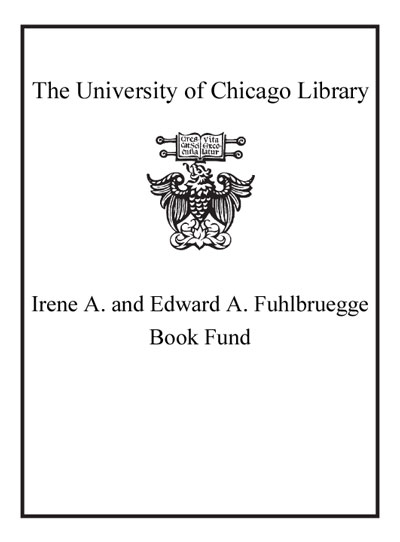Review by Choice Review
Students, scholars, and historians have learned much from community studies that focus on a single African American community. From the classic studies on Chicago (Clair Drake and Horace Cayton's Black Metropolis, 1945) or New York (Gilbert Osofsky's Harlem: The Making of a Ghetto, CH, Oct'66) to more recent works on Cleveland (Kenneth Kusmer's A Ghetto Takes Shape, CH, Jul'76) and many others, readers have learned of segregation's roots, African American business development, the origins of church-based leadership, and the often difficult steps toward political influence. This book's title suggests that a focused study of Kansas City will give parallel insights, albeit for a Midwestern African American community developing in the context of a rapidly growing city. To a degree, readers will not be disappointed; they will certainly learn more of Kansas City's urban development and how African Americans shaped and were shaped by that. At the same time, impressive research into the census, a thorough reading of the 20th-century press, and a solid grounding in the secondary literature have produced a book that essentially gives readers vignettes, but little analysis, of the African American community in Kansas City. The result is a missed opportunity to better understand a Midwestern version of African American urbanization. ^BSumming Up: Recommended. General and undergraduate collections. T. F. Armstrong Louisiana State University at Alexandria
Copyright American Library Association, used with permission.
Review by Choice Review

